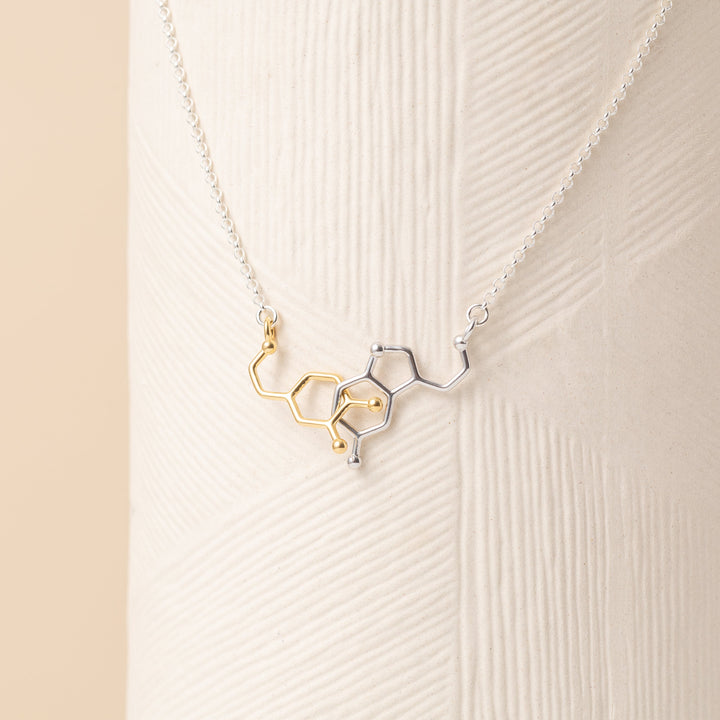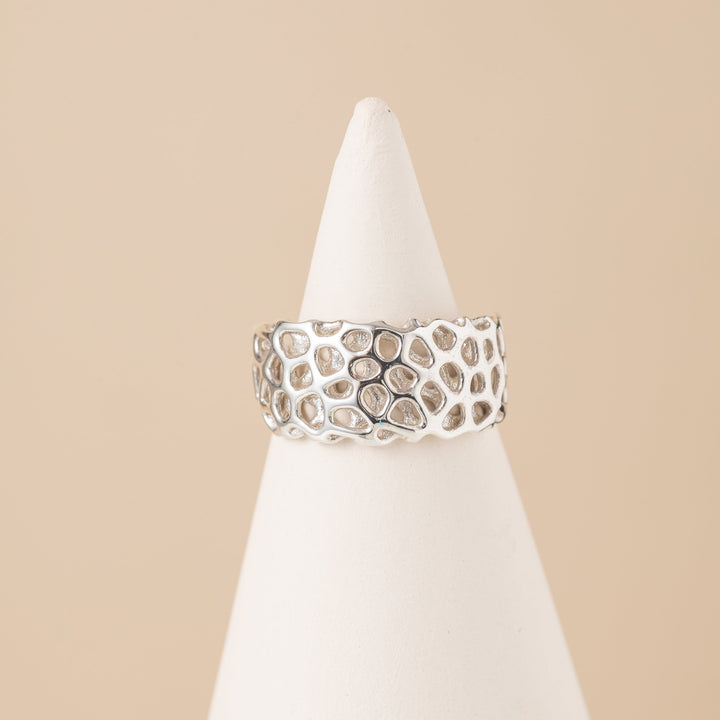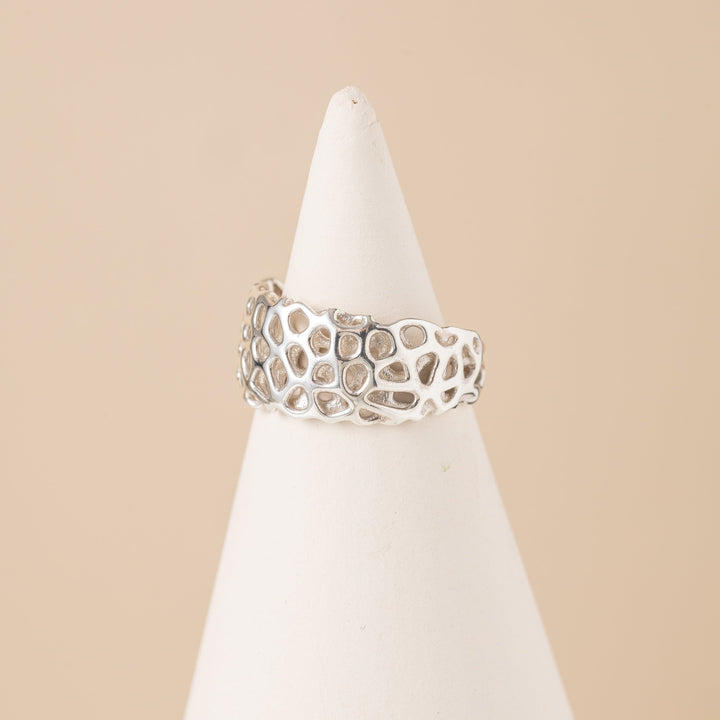Blog
Molecular Magic - The Trio of Happiness, Love, and Satisfaction
Stem Jewelry: Inspiring the Next Generation Through STEM Education
Human Anatomy Fashion: When Body Parts Become Chic Accessories
The Emotional Meaning of Jewelry: A Symbol of Scientific Passion
Science and Art Jewelry: How Designs Inspire Curiosity
Genetic Jewelry: Sparkling Science for the DNA Devotee
Animal Skull Jewelry: A Journey Through Our Favorite Skulls in Gold and Silver
Wear Your Heart on Your Chest: The Anatomically Correct Heart Necklace
The Best Jewelry for Doctors: A Guide for Medical Professionals
Celebrate Your PhD Milestone with Personalized PhD Jewelry
Gifts for Science Lovers: Why Science-Inspired Jewelry Makes the Perfect Gift for Scientists











